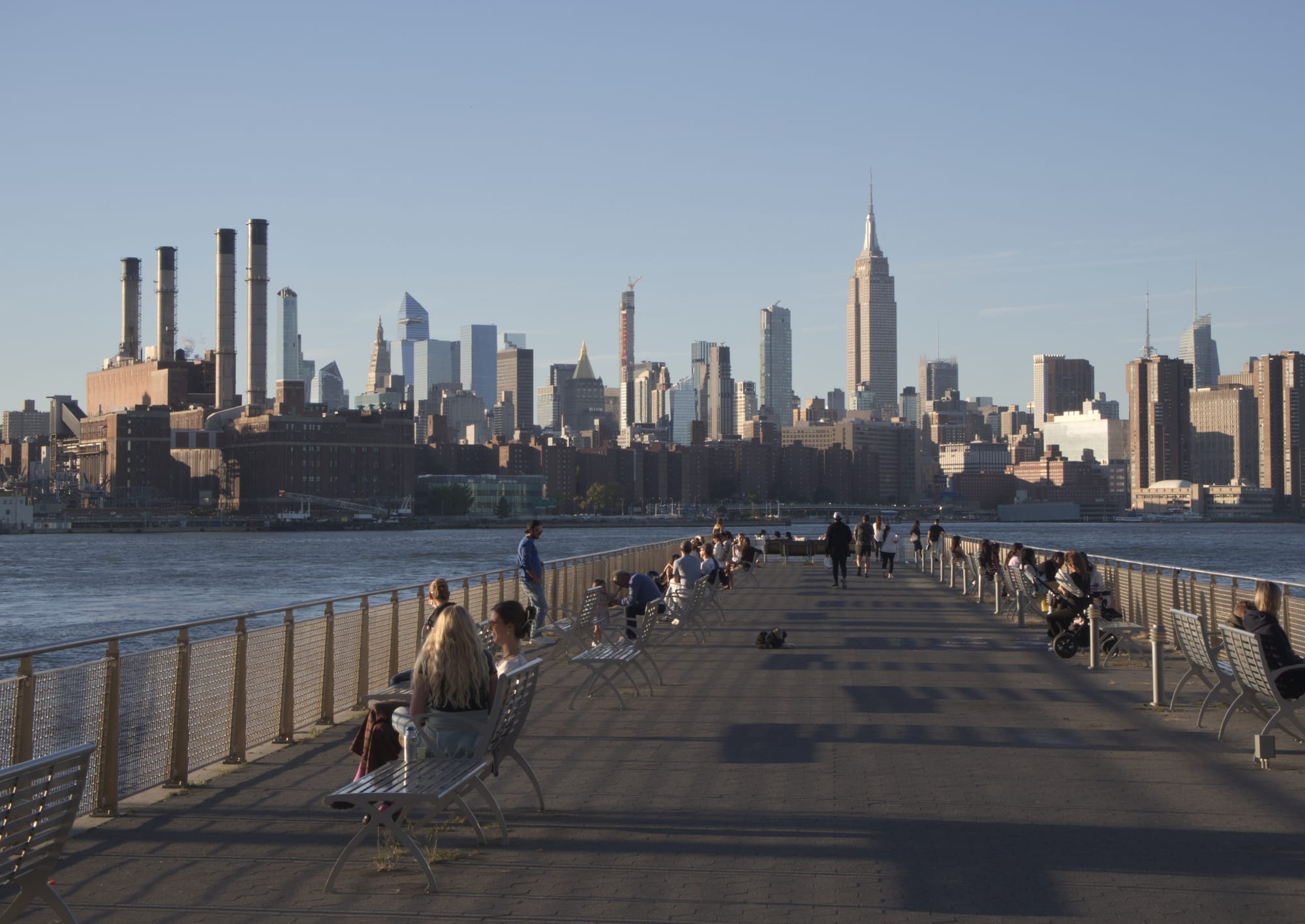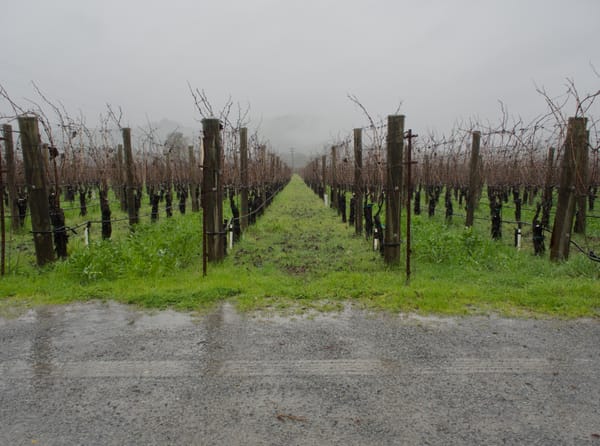
This past year was defined by my work at Find AI. I had joined as a contractor in 2022 when it was still an AI lab searching for direction. Working alongside two non-technical founders, my technical skills complemented theirs as we explored various innovative applications of LLMs.
About a year ago, we prototyped a search engine concept that would become Find AI's core product - a novel LLM-powered system for finding people and companies. Having built similar systems at Moonlight, I recognized its potential immediately. The founders agreed, and we pivoted the entire company around this search product.
This opportunity came at a crucial time. Prior to Find AI, I had been working on independent software products like Booklet and Postcard. After two VC-backed startup failures, I had wanted to try a different approach to entrepreneurship. What I didn't realize then was that I was in a rut - startup burnout had led me to pursue increasingly conservative projects, which ultimately proved unsuccessful.
As my excitement about Find AI began to eclipse my personal projects, I recognized something had shifted. I joined as a late-coming cofounder and threw myself completely into the work. Over the next year, I built an engineering team, implemented an asynchronous working style, and tackled formidable technical challenges. As early OpenAI adopters, we developed sophisticated tools for scaling and evaluating LLMs, and I dove deep into search system architecture and vector databases.
The market response was encouraging. Before launch, we secured a Fortune 100 customer. On launch day, we scaled to 5,000 OpenAI requests per minute. We later launched an API partnership with Clay. The momentum was strong.
Then, a few weeks ago, everything changed. One of the original founders implemented a sudden, divergent new direction, which led to my departure. While the decision to leave was difficult, I knew in my gut that we had made a positive impact. More importantly, working on Find AI had rekindled my optimism about venture-scale startups and the transformative potential of AI.
Finding direction
In the aftermath, I felt lost about next steps. Starting another company seemed like an obvious path, but something felt off. I didn't have a clear vision of what to build or who to build it with. Instead of making a momentum-driven decision, I chose to take a thoughtful approach.
After contemplation and long walks, I outlined what I wanted in my next role:
- Focus on deep work and building. My best days were always those spent coding quietly until lunch. While I could have pursued product or engineering management, I recognized that I didn't enjoy meetings and politics.
- In-person collaboration with ambitious people. Having worked remotely since founding Moonlight in 2017, I missed office culture. I'd seen how remote work could sometimes be misused to prioritize lifestyle over impact. An in-person environment felt like a signal of serious commitment.
- Living in a livable, walkable U.S. city. As someone who hasn't owned a car in over a decade, and who developed a deep appreciation for urbanism during my digital nomad years, this was non-negotiable.
- Working on AI. Through Find AI, I'd witnessed firsthand how powerful and disruptive LLM technology could be. The excitement around AI's potential was palpable, and I wanted to be at its epicenter.
This clarity led me to pursue staff engineering roles at AI companies. Coding digital products has been my craft for twelve years - it's my rare and valuable skill.
Deciding not to be a founder felt like a weight lifting from my shoulders. But, the prospect of technical interviews was daunting. I hadn't held the title "Software Engineer" in over a decade. While I had the skills, the interview process - particularly the leetcode puzzles - was intimidating. Rather than shy away, I embraced the challenge, studying algorithms, reading books, and practicing problems.
Finding home
The location decision proved more complex. After graduating in 2013, I'd spent four years in San Francisco before becoming a digital nomad. Those travels took me to Mexico City, Buenos Aires, Barcelona, and London, deepening my appreciation for urban living. In 2019, I settled in New York City, seemingly the perfect choice for someone valuing urbanism in the US.
My travels continued, particularly to Nordic cities like Copenhagen, Oslo, and Stockholm. I developed a specific appreciation for compact city design and realized how much I missed easy access to nature within NYC's urban sprawl. During my fourth trip to Copenhagen in three years, I had an epiphany while running along the waterfront: almost everything I loved about Copenhagen - the quiet streets, bicycle-friendly infrastructure, compact layout, access to nature - was available in San Francisco.
I spent three weeks in San Francisco this Fall as a trial. It felt like coming home, and claims of the city's demise proved exaggerated. While I'd hoped New York would emerge from the pandemic as a stronger tech hub, it remained primarily focused on finance and applied technology. As groundbreaking AI companies like OpenAI and Anthropic emerged, they were based in San Francisco.
The pandemic had created uncertainty about SF's future, but today it has reemerged as the clear center for those serious about technology careers.
The next chapter
I conducted nearly a hundred interviews over one month, pushing myself beyond my comfort zone and direct network. After passing numerous technical interviews and exploring many exciting AI companies, I found myself with multiple compelling options.
In the end, one opportunity stood out. I've accepted an offer to join an AI startup in San Francisco as a member of the technical staff, starting later this month. More details to come soon.
Today, my belongings are somewhere in Tennessee, making their way west. I've said goodbye to Manhattan and am headed to San Francisco to begin this new chapter.


